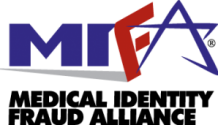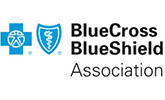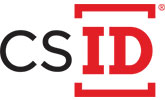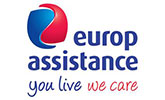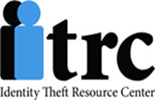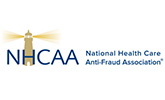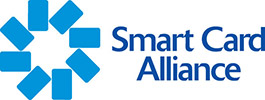Better Business Bureau of Metro Atlanta issues warning to consumers about medical identity theft.
Medical identity theft can be one of the most devastating forms of identity theft. This type of identity theft significantly impacts people because victims find it difficult to undo the damage caused by inaccurate medical records or fraudulent bills. Better Business Bureau (BBB) is urging consumers to carefully check all health-related documentation from doctors, drug stores and insurance providers.
A thief may use your name or health insurance numbers to see a doctor, get prescription drugs, file claims with your insurance provider, or get other care. If the thief’s health information is mixed with yours, your treatment, insurance and payment records, and credit report may be affected.
Detecting Medical Identity Theft
Read your medical and insurance statements regularly and completely. They can show warning signs of identity theft. Read the Explanation of Benefits (EOB) statement or Medicare Summary Notice that your health plan sends after treatment. Check the name of the provider, the date of service, and the service provided. Do the claims paid match the care you received? If you see a mistake, contact your health plan and report the problem.
Other signs of medical identity theft include:
- a bill for medical services you didn’t receive
- a call from a debt collector about a medical debt you don’t owe
- medical collection notices on your credit report that you don’t recognize
- a notice from your health plan saying you reached your benefit limit
- a denial of insurance because your medical records show a condition you don’t have.
Make sure to read your medical and insurances statements regularly and completely, as they can show signs of identity theft. Check the name of the provider, the date of service and the service provided. If you see a mistake, contact your insurance company and report a problem.
Correcting Mistakes in Your Medical Records
Get Copies of Your Medical Records
If you know a thief used your medical information, get copies of your records. Federal law gives you the right to know what’s in your medical files. Check them for errors. Contact each doctor, clinic, hospital, pharmacy, laboratory, health plan, and location where a thief may have used your information. For example, if a thief got a prescription in your name, ask for records from the health care provider who wrote the prescription and the pharmacy that filled it.
You may need to pay for copies of your records. If you know when the thief used your information, ask for records from just that time. Keep copies of your postal and email correspondence, and a record of your phone calls, conversations and activities with your health plan and medical providers.
A provider might refuse to give you copies of your medical or billing records because it thinks that would violate the identity thief’s privacy rights. The fact is, you have the right to know what’s in your file. If a provider denies your request for your records, you have a right to appeal. Contact the person the provider lists in its Notice of Privacy Practices, the patient representative, or the ombudsman. Explain the situation and ask for your file. If the provider refuses to provide your records within 30 days of your written request, you may complain to the U.S. Department of Health and Human Services’ Office for Civil Rights.
Click here to read the warning.
July 13, 2015 by Better Business Bureau, Metro Atlanta
